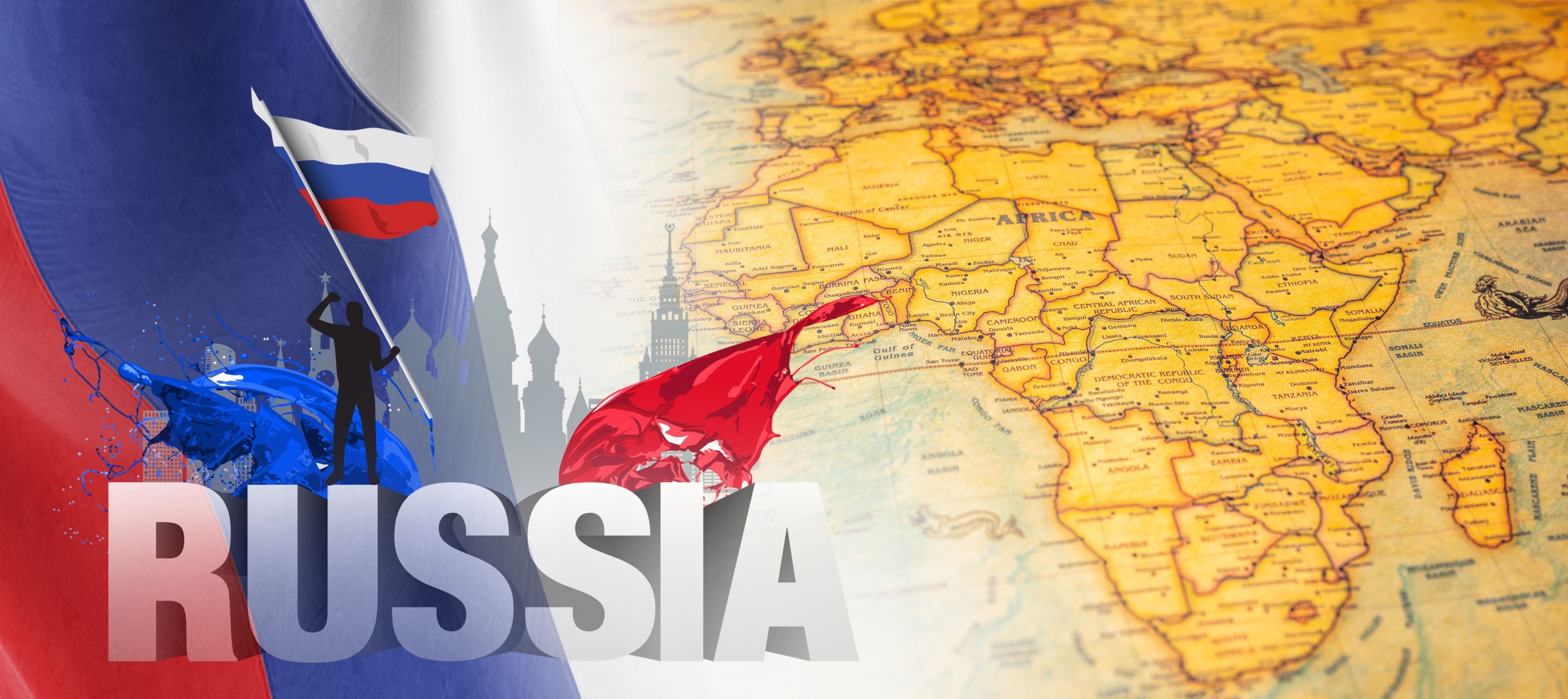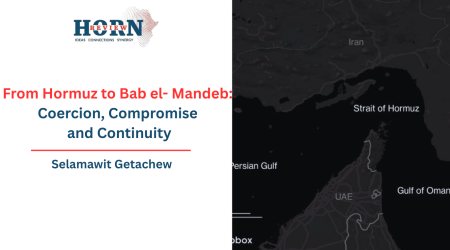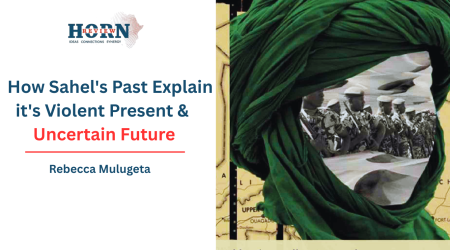
25
Jul
The End of an Era: Russia’s Post-Bogdanov Diplomacy in the Horn of Africa and the Middle East
The reverberations of the Ukraine crisis have prompted a notable reorientation of Russian foreign policy, marking a shift from reliance on soft power, cultural diplomacy, and strategic ambiguity toward a more assertive, militarized posture. This change has become especially evident in the Middle East following the weakening of Bashar al-Assad—Moscow’s principal regional ally since 2015—whose diminished position has limited Russia’s leverage and allowed other actors, including the United States, the United Arab Emirates (UAE), Turkey, and Saudi Arabia, to strengthen their regional presence. These powers have increased their involvement around strategic maritime corridors such as the Red Sea and the Gulf of Aden, subtly altering the regional balance.
In this context, the removal of Ambassador Mikhail Bogdanov—a veteran diplomat with over four decades of service, including more than twenty years focused on Africa and the Middle East—warrants closer examination. While his departure aligns with generational change, it may also signal evolving strategic priorities within Moscow’s regional agenda.
Before the Ukraine conflict, Russia engaged the Global South through cultural diplomacy, mutual partnerships, and non-aligned dialogue. This approach has gradually given way to a more transactional model involving arms-for-access agreements, military cooperation with states often isolated from the West, and efforts to secure a more tangible security presence beyond the Euro-Atlantic region. The recent cooling of ties with some former partners—illustrated by Azerbaijan’s cancellation of a Russian cultural event after reported deaths of Azerbaijani citizens in Russia—signals the complexity of Russia’s changing relationships and the emergence of new geopolitical alignments.
Ambassador Bogdanov’s departure represents a notable shift. Known for his diplomatic skill and broad respect across the Middle East and Horn of Africa, he played a key role in mediating between rival groups, such as Sudan’s Rapid Support Forces (RSF) and the Sudanese Armed Forces (SAF), helping maintain Russia’s influence beyond transactional deals. Without his presence, regional competitors—including the UAE, Turkey, Egypt, and Saudi Arabia—may find increased room to expand their roles.
Meanwhile, Ethiopia’s strong partnership with the UAE continues to play a stabilizing role in the Horn of Africa. The UAE’s expanding presence in the region includes deepening ties with the RSF and recent economic agreements such as an $800 million port development deal in Syria—a project that previously aligned with Russian interests. These developments reflect the growing multipolarity in the region and add layers of complexity to Russia’s ambitions.
Further complicating the landscape, Ukraine’s recent establishment of an embassy in Sudan signals Kyiv’s intent to deepen engagement in the Horn of Africa. This introduces a new dynamic in an area where Moscow has historically held significant sway, further challenging Russia’s efforts to maintain its foothold amid shifting alliances.
Bogdanov’s absence is likely to be felt across the Horn of Africa—a region of considerable strategic importance due to its proximity to key maritime chokepoints and ongoing security challenges. His ability to navigate competing interests and mediate complex conflicts gave Moscow a degree of diplomatic flexibility that extended beyond arms sales. The loss of such expertise may limit Russia’s capacity to negotiate military basing rights, economic partnerships, and naval access in a highly competitive environment.
Diplomatic success in the Horn requires envoys who combine language skills with experience in conflict negotiation, factional disputes, and fluid alliances. Future Russian diplomats like Sergey Vershinin and Alexander Lavrentyev, who have operated in Syria and Libya, may offer some continuity, but replacing Bogdanov’s deep regional knowledge will be challenging.
Ethiopia, positioned centrally in this evolving order, may find it valuable to draw lessons from these developments. The departure of a figure like Bogdanov highlights the potential benefits of cultivating a diplomatic corps skilled in conflict resolution, strategic analysis, and multipolar negotiations. Given the complex regional relations—marked by internal tensions and disputes with neighbors like Egypt and Somalia—developing experienced diplomacy appears increasingly important. Issues such as allegations of Egyptian and Somali involvement in destabilizing activities and challenges related to Ethiopia’s access to maritime routes and the Grand Ethiopian Renaissance Dam (GERD) reinforce this.
To address these challenges, Ethiopia might consider investing more in training diplomats with practical experience in conflict zones such as Sudan and Syria, equipping them to conduct crisis negotiations, manage shifting alliances, and integrate military and political considerations into foreign policy. Reducing dependence on any single external partner—including Russia—could be a strategic approach, especially as other actors like the UAE and Turkey expand their engagement in areas historically influenced by Moscow.
Simultaneously, Ethiopia’s increased participation in regional organizations such as the African Union and the Intergovernmental Authority on Development (IGAD) may offer useful platforms for asserting national interests, coordinating security efforts, and managing external influences. While maintaining pragmatic relations with Russia remains valuable, embedding these relations within a diversified and resilient diplomatic framework may prove beneficial.
Russia’s post-Ukraine foreign policy adjustments—coupled with the decline of its Syrian influence and the loss of a key diplomatic figure—reflect a broader diffusion of its regional role. For the Horn of Africa, this transition presents both challenges and opportunities. The shifts following Bogdanov’s departure may increase competition among global actors, with uncertain effects on regional stability.
Ethiopia’s strategic location and evolving diplomatic responsibilities underscore the importance of cultivating a foreign policy apparatus that balances adaptability, coherence, and geopolitical insight. In a rapidly changing multipolar environment, success will depend on balancing measured hard power with diplomatic finesse—navigating the complex interplay of conflict, cooperation, and influence with realism and precision.
By Rebecca Mulugeta,Researcher,Horn Review










